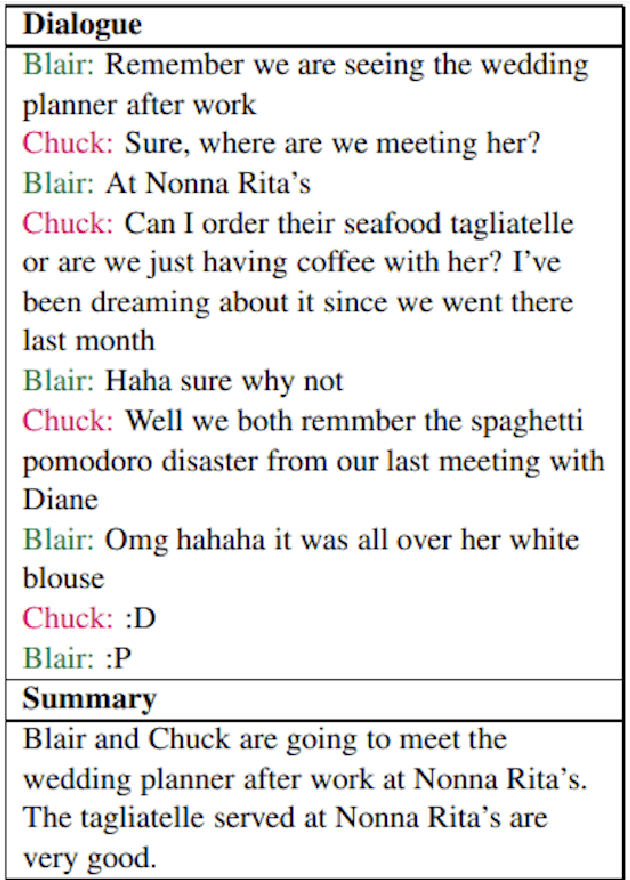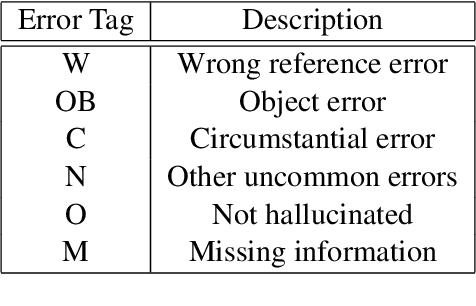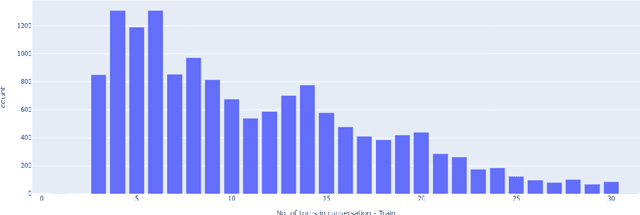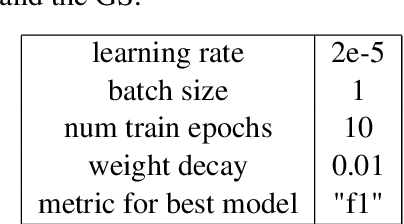Don't Believe Everything You Read: Enhancing Summarization Interpretability through Automatic Identification of Hallucinations in Large Language Models
Paper and Code
Dec 22, 2023



Large Language Models (LLMs) are adept at text manipulation -- tasks such as machine translation and text summarization. However, these models can also be prone to hallucination, which can be detrimental to the faithfulness of any answers that the model provides. Recent works in combating hallucinations in LLMs deal with identifying hallucinated sentences and categorizing the different ways in which models hallucinate. This paper takes a deep dive into LLM behavior with respect to hallucinations, defines a token-level approach to identifying different kinds of hallucinations, and further utilizes this token-level tagging to improve the interpretability and faithfulness of LLMs in dialogue summarization tasks. Through this, the paper presents a new, enhanced dataset and a new training paradigm.
 Add to Chrome
Add to Chrome Add to Firefox
Add to Firefox Add to Edge
Add to Edge